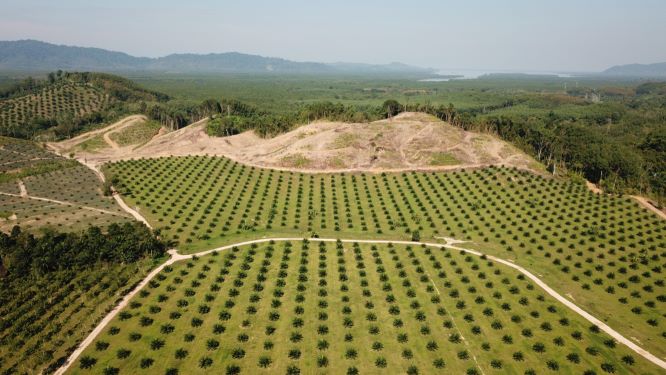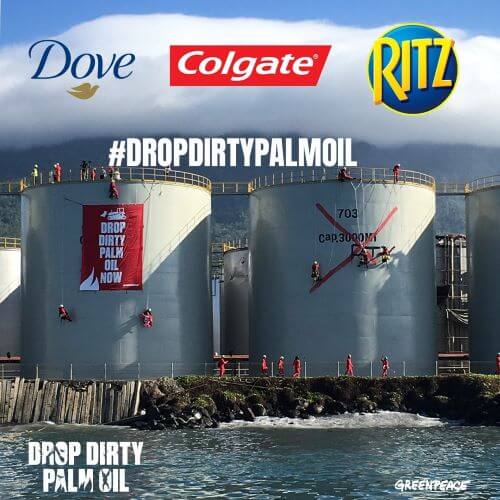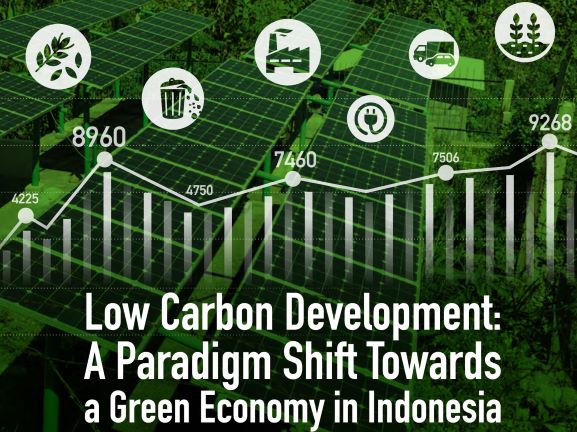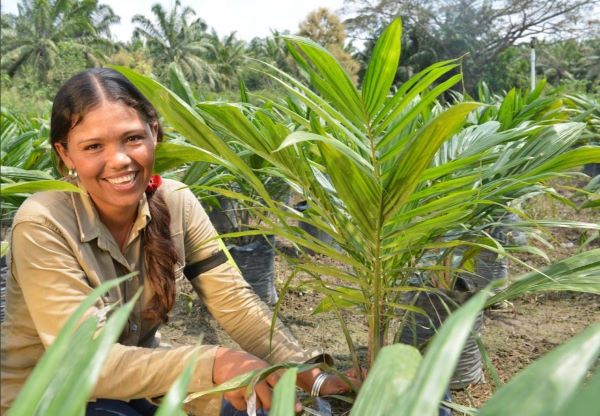Singaporeans Get An Online Tool To Shop Ethical Products
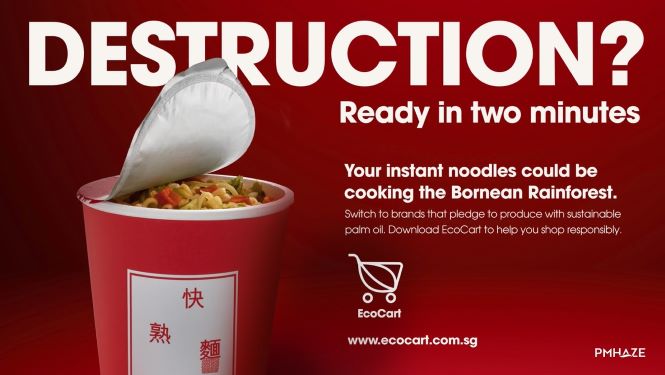
Ignorance has been the number one cause of the slow uptake of sustainable palm oil products. Also without clear labeling to guide them, consumers don’t know which products contain palm oil that is free from deforestation and human rights abuses, and which are not, but one company called PM. Haze is trying to bring a change in this.
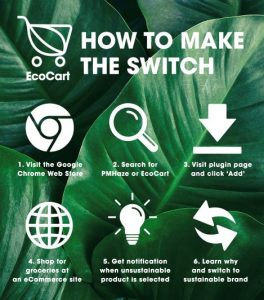
Haze has launched a brand new online tool called EcoCart Plug-in which will inform the alert conscientious online grocery shoppers in Singapore about the eco-value of a commodity found in almost 50% of supermarket products, from biscuits to shampoo.
Once consumers download the EcoCart plug-in for web browser Google Chrome, they are given information on the ethical value of products based on data from the Roundtable on Sustainable Palm Oil (RSPO), the leading certification body for ethically sourced palm oil, green groups Mighty Earth and World Wide Fund for Nature (WWF), and sustainable forest products certifier Forest Stewardship Council (FSC).
If a product a consumer is about to buy does not contain ethically sourced palm oil, the plug-in prompts them to switch to a brand that does. After the consumer has switched to a greener brand, EcoCart encourages them to share their discovery on social media.
The plug-in works on the websites of online grocer RedMart, and NTUC Fairprice and Cold Storage, two of Singapore’s most popular supermarkets.
“Governments can’t seem to be able to stop deforestation [from palm oil cultivation]. It feels like it’s in the hands of consumers now,” said Valerie Madon, the Southeast Asia chief creative officer and Singapore chairwoman of Havas, the advertising agency that created the technology, in collaboration with local green group PM.Haze.
Data collected from EcoCart will be used to inform consumer goods companies of the number of switches consumers have made to products containing sustainable palm oil.
The plug-in, which will become more robust the more it is used and the more retail partners come on board, could be deployed in other countries in Southeast Asia, and for other commodities, Madon said. The first of its kind to be built and launched, according to PM Haze, the tool has a target of getting Singaporeans to make 500,000 ‘switches’ by the end of 2019 and hopes to expand it to identify other ethically produced goods if successful.
For readers still unaware about it, Palm Oil has become the no.1 oil in use for processed food, thanks to price, and availability. Unfortunately, that news has not been so good for forests in Southeast Asia, which have been cleared for palm oil cultivation. Replacing the oil is not a great option, as alternatives are much less productive. However, practicing sustainable cultivation that can also lead to higher production has been a movement that is picking up some legs now, and the Singapore experiment pushes people to make the right choice in terms of the source of their palm oil.

